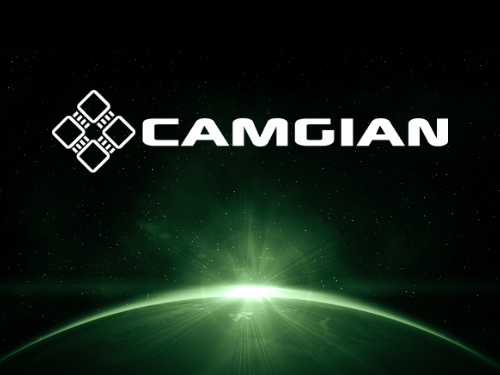As artificial intelligence (AI) continues to revolutionize the digital landscape, a new form of optimization has emerged—Answer Engine Optimization (AEO). Unlike traditional Search Engine Optimization (SEO), which focuses on improving website rankings on keyword-based search engines like Google, AEO targets optimization for AI-powered generative engines such as ChatGPT, Bing Chat, and other conversational AI systems.
Generative engines generate responses, summaries, and content dynamically, relying heavily on the context and quality of the underlying data. AEO is about tailoring your digital assets—websites, content, and metadata—to be more accessible, relevant, and valuable for these AI models. This new form of optimization is critical as more users turn to AI assistants for answers rather than traditional search results.
How AEO Differs from Traditional SEO
Traditional SEO:
- Focuses on keywords, backlinks, site structure, and user experience to improve rankings on search engines.
- Relies on crawlers and indexing mechanisms to understand and rank static content.
- Users typically scan a page or click through links to find answers.
Answer Engine Optimization (AEO):
- Focuses on the context, clarity, and structured data that AI models use to generate natural language responses.
- Requires content designed for AI comprehension, including well-structured, authoritative, and factual information.
- Encourages semantic richness and integration of data sources that feed generative models.
- Often involves optimizing for “featured snippet” style answers and conversational formats.
Why AEO Matters for Companies
With generative AI becoming a primary way people seek information, companies that fail to optimize for AEO risk losing visibility in these new AI-powered interfaces. AEO can help brands:
- Gain visibility in AI chat results and voice assistants.
- Improve content discoverability in conversational search contexts.
- Build brand authority in emerging AI ecosystems.
- Capture new leads and customers by providing precise, AI-friendly answers.
Top Tips to Optimize Your Company for AEO
1. Create Clear, Structured, and Concise Content
Generative engines prefer content that is easy to parse and understand. Use headings, bullet points, and numbered lists to break down complex topics clearly.
2. Incorporate Semantic Keywords and Natural Language
Instead of focusing solely on exact-match keywords, integrate related terms and natural conversational phrases to align with how people ask questions verbally.
3. Leverage FAQs and Q&A Sections
Frequently asked questions and their answers help AI models quickly extract relevant information, increasing chances of being cited in generative responses.
4. Use Schema Markup and Structured Data
Enhance your content with schema.org markup to provide explicit metadata about your business, products, services, and articles, improving AI comprehension.
5. Publish Authoritative and Trustworthy Content
AI engines prioritize high-quality, fact-checked, and trustworthy content. Make sure your content is well-researched, cites credible sources, and is regularly updated.
6. Optimize for Voice Search and Conversational Queries
Many generative engines power voice assistants. Write content that answers questions naturally and succinctly to capture voice-based queries.
7. Monitor and Adapt to AI Algorithm Updates
Stay informed about changes in generative AI technology and adapt your content strategies accordingly. AEO is an evolving field, so flexibility is key.
AEO vs. SEO: Should You Shift Your Focus?
While AEO is gaining traction, it does not replace SEO—it complements it. Companies should continue strong SEO practices while gradually integrating AEO strategies to future-proof their digital presence. The synergy between traditional SEO and AEO will ensure you reach audiences across all search and AI platforms.
Embrace AEO to Stay Ahead in the AI Search Era
Answer Engine Optimization (AEO) represents the next frontier of digital marketing in a world increasingly influenced by AI-driven search and content generation. By understanding AEO and implementing these optimization tips, companies can enhance their visibility, credibility, and engagement with users in this rapidly evolving ecosystem.
If you’re ready to optimize your content for the future of AI search and generative engines, contact Bluetext today. We specialize in helping companies navigate new digital frontiers with smart, data-driven marketing strategies.




